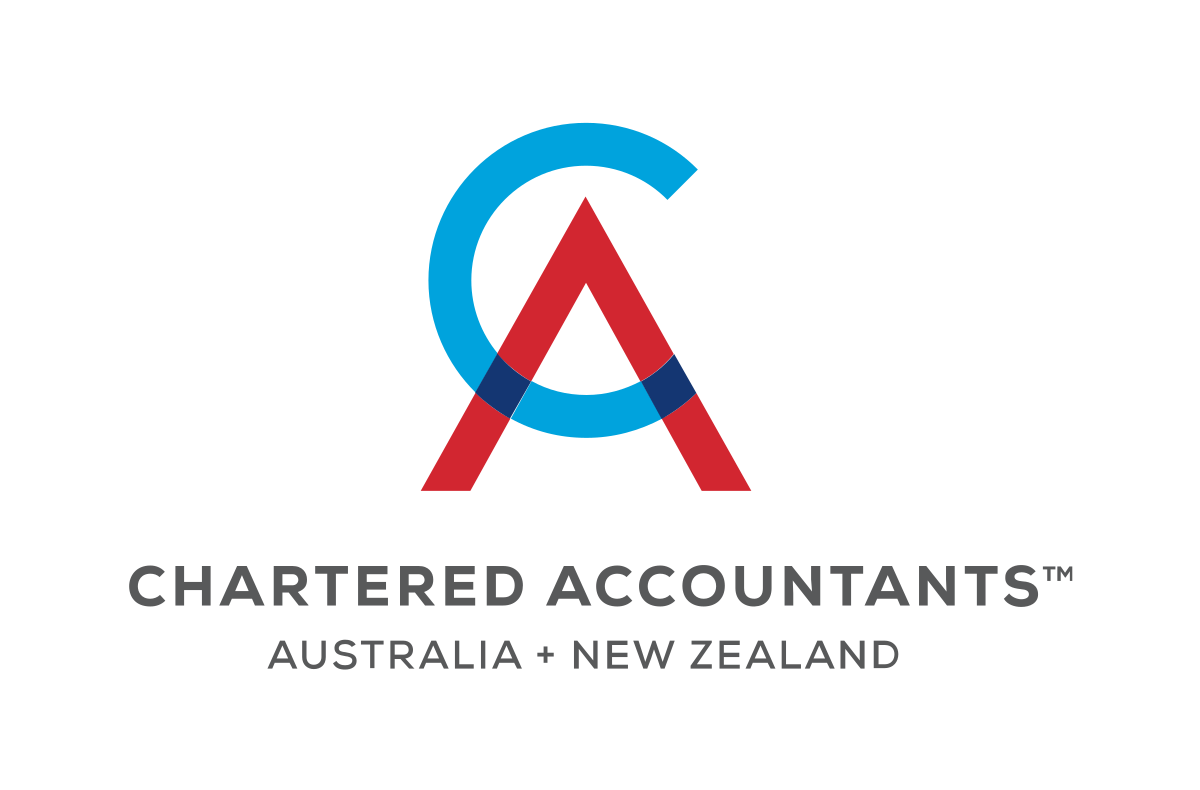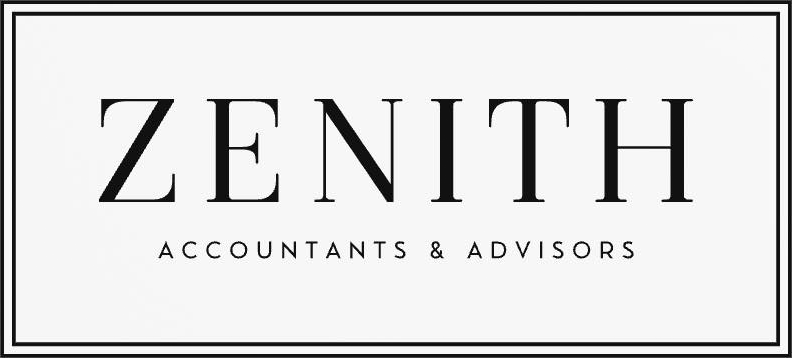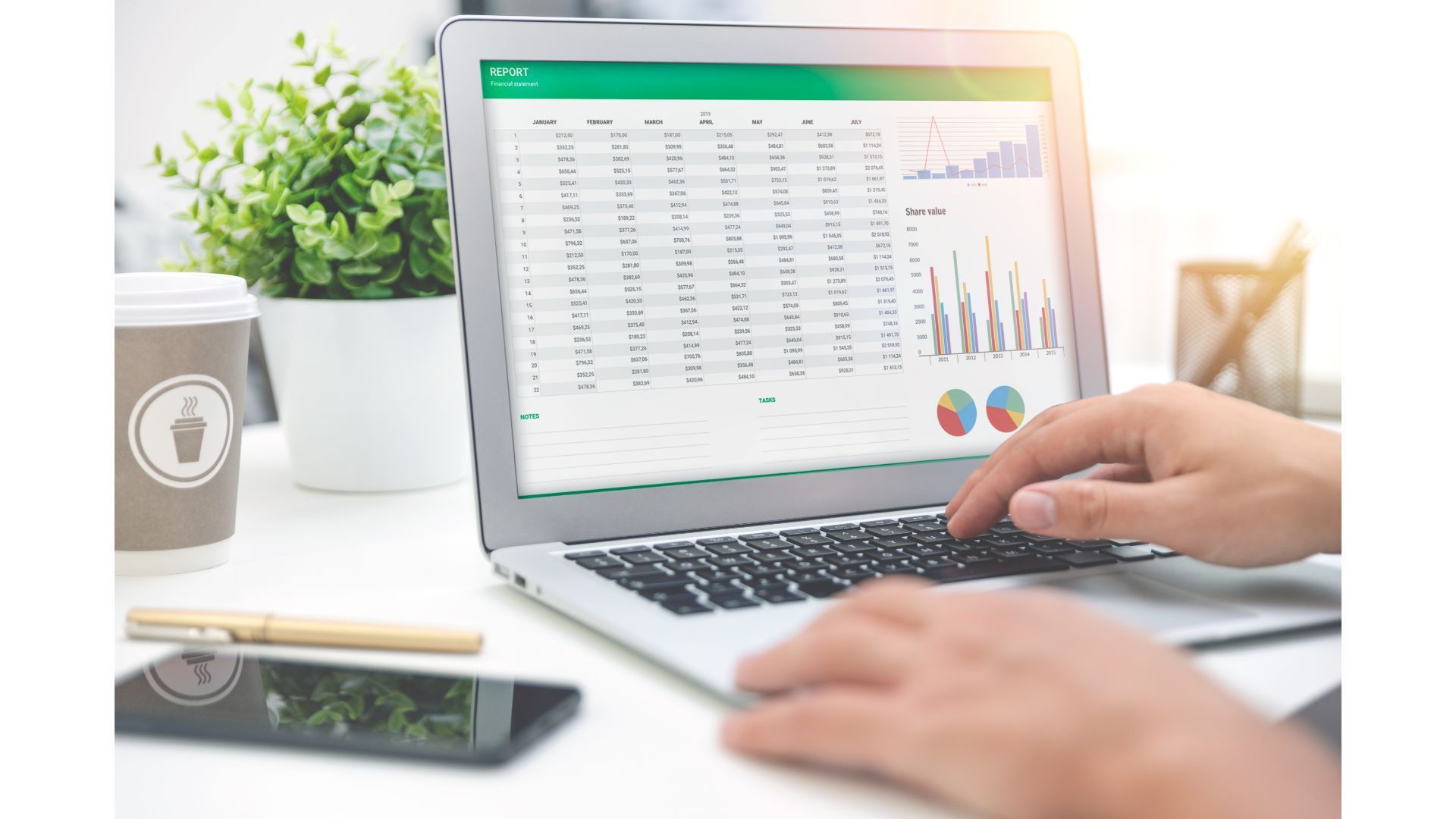What is Capital Gains Tax?
Understanding Capital Gains Tax
Capital Gains Tax (CGT) is a tax on the profit made from the sale of an asset or investment. Introduced in 1985, CGT is not a separate tax but forms part of your income tax and is applied to the capital gain made on the disposal of any asset, except for specific exemptions.
Understanding CGT is crucial for investors and individuals dealing with assets like real estate, shares or collectibles.
An Example:
Greg buys shares for $10,000.
He owns the shares for six months and sells them for $15,000. He has no other capital gains or losses.
Greg declares a capital gain of $5000 in his tax return and will pay tax on this gain at his individual income tax rate.
What is subject to Capital Gains Tax?
Almost any kind of asset is subject to CGT when sold at a profit. This includes real estate, shares, leases, licences, foreign currency, contractual rights and personal use assets purchased for more than $10,000.
Property
The majority of property investments are subject to CGT, including:
- Vacant land
- Rental properties
- Holiday houses
- Business premises
- Hobby farms
Your main residence is generally exempt from CGT.
Shares
Profits made from selling shares are subject to CGT, which includes selling shares or receiving a distribution (other than a dividend) from a managed fund.
Cryptocurrency
Capital gains tax may apply when you sell your crypto assets. If your crypto was a personal use asset it may be exempt from CGT.
Collectables
Items like art, antiques, jewellery, coins and more are subject to capital gains tax, unless:
- The collectable was acquired for $500 or less
- A share in the collectable was acquired for $500 or less before 16 December 1995
- A share in the collectable was acquired when the collectable had a market value of $500 or less
What assets are exempt from Capital Gains Tax?
In Australia, several types of assets are exempt from Capital Gains Tax. Here's a list of some common CGT-exempt assets:
Main Residence: Your home is generally exempt from CGT if you have lived in it and it has not been used to produce assessable income (like renting it out).
Personal Use Assets: Assets intended for personal use and enjoyment, such as furniture, electrical goods and household items, are exempt if they were acquired for less than $10,000.
Cars and Motorcycles: Vehicles used for personal transport, such as cars and motorcycles, are exempt from CGT.
Small Business Assets: Small business owners may be eligible for CGT exemptions under certain conditions, such as the 15-year exemption, 50% active asset reduction, retirement exemption and the rollover concession.
Depreciating Assets: Assets used solely for taxable purposes and subject to depreciation, such as business equipment or fittings in a rental property, are generally exempt from CGT.
Collectibles Acquired for Less than $500: Collectibles like stamps, coins or artworks are exempt if they were acquired for less than $500.
Compensation for Personal Injury: Payments received as compensation for personal injury are exempt from CGT.
Certain Superannuation Benefits: Payments from superannuation funds, including lump sum payments from a taxed source to individuals over the preservation age or due to terminal illness, are exempt.
Life Insurance Policies: Proceeds from a life insurance policy, including a policy on your own life or the life of another person, are generally CGT exempt.
Medals and Decorations for Bravery: Medals and decorations awarded for bravery are exempt from CGT.
Assets Acquired Before 20 September 1985: Assets acquired before the introduction of CGT on 20 September 1985 are generally exempt.
It's important to note that the application of these exemptions can depend on specific circumstances and additional criteria. For accurate advice and information tailored to individual situations, consulting with a tax professional is always recommended.
What are the rates for Capital Gains Tax?
The rate of CGT depends on your income tax bracket. Capital gains are added to your assessable income and taxed at your marginal rate.
It's important to consult with a tax professional to understand how these rates apply to your specific situation.
How do you calculate Capital Gains Tax?
Calculating CGT involves subtracting the cost base (the amount paid for the asset plus certain additional costs) from the sale price.
The difference is your capital gain or loss. If you've held the asset for more than 12 months, you're generally entitled to a 50% discount on the capital gain for tax purposes.
How do you pay Capital Gains Tax?
CGT is paid as part of your income tax return. It's due when you lodge your tax return for the year in which you sold the asset.
What is a Capital Gains Tax Event?
A CGT event is the moment when you make a capital gain or loss, typically when you sell or dispose of an asset.
Are there any Capital Gains Tax discounts?
Yes, a 50% discount on CGT is available for individuals and small businesses holding an asset for more than 12 months before selling. This incentive encourages long-term investment.
Other useful information
Inherited Properties: Specific rules apply to properties that are inherited. Generally, if the deceased acquired the property before 20 September 1985, it is exempt from CGT until sold by the beneficiary. For properties acquired after this date, beneficiaries inherit the property at the deceased's cost base, and CGT may apply upon subsequent disposal.
Record Keeping: It's crucial to maintain accurate records of asset acquisition and disposal, as well as records of events that affect the asset's cost base, for CGT purposes. Good record-keeping helps with CGT calculation and compliance.
Capital Losses: If you make a capital loss, you can't claim it against your other income but you can use it to reduce a capital gain in the same income year. If your capital losses exceed your capital gains, you can generally carry the loss forward and deduct it against capital gains in future years.
Conclusion
It's essential to understand that CGT is part of your income tax and applies to the profit made from selling assets such as real estate, shares, crypto and collectables. The rates are dependent on your income bracket, and the tax is payable in the year the asset is sold.
While calculating CGT can be complex, especially with the availability of discounts and exemptions, it's crucial to be aware of these details to ensure compliance with ATO regulations.
If you need assistance navigating Capital Gains Tax, book a consultation with Zenith Accountants & Advisors on the Gold Coast. Our professional
accountants are more than happy to help!
Written By Tom Thynne
Tom is the director of Zenith Accountants & Advisors. With over seven years of public practice experience, Tom can see what it takes to make a business successful. Tom is a Chartered Accountant, Financial Planner, Registered Tax Agent and Certified Advisor in QuickBooks Online and Xero.
Address
Unit 2/43 Township Drive
Burleigh Heads, Gold Coast
Zenith
Accountants









